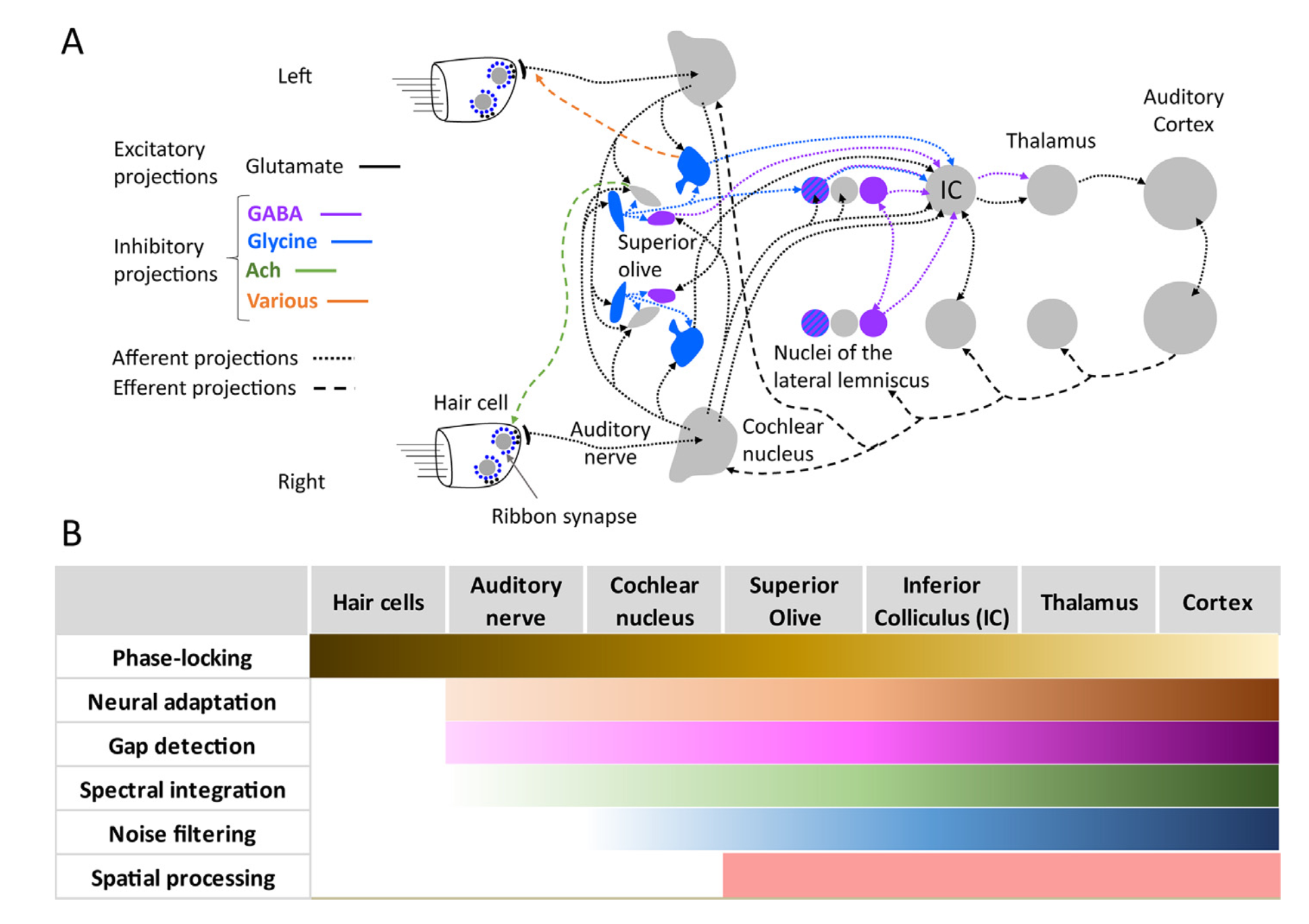Auditory Processing Disorders News and Research
Thanks to the generosity of Royal Arch Research Assistance, Hearing Health Foundation funds groundbreaking research to advance our scientific understanding of central auditory processing disorders. We are pleased to have worked with RARA to fund the most promising CAPD research.
Grants focused on CAPD are awarded annually to promising scientific investigators through the Emerging Research Grants program.
Learn More
I said, “I have a hearing problem. I couldn’t catch what you said. Please can you look this way and repeat that?” It’s amazing how this combination inspires an appropriate and thoughtful response. I almost always find people are pleased to accommodate the differently abled, once you’ve given them the information they need.
I expand on the information presented, clarify issues, and ensure that readers obtain an appropriate understanding of what auditory processing disorders are really all about, how they are appropriately evaluated, and how specific treatments are identified for the different types of auditory processing disorders (APD) that may be found in a child.
Listening difficulties occur in children diagnosed with auditory processing disorders (also known as central auditory processing disorders) and may co-occur in children who have developmental language disorder or attention/memory deficits. Persistent listening difficulties negatively affect children's learning and functioning. Studying factors that influence children’s listening performance using a unified multidisciplinary approach is crucial to better identify and manage deficits that contribute to listening difficulties in children.
In our study published in the Journal of Neurophysiology, we examined the temporal processing of knockout mice whose cholinergic signaling is disrupted compared with wild-type mouse controls. Findings underscore the importance of cholinergic signaling in types of neurodevelopmental and auditory processing disorders.
In Frontiers in Psychology, Christina Reuterskiöld, Ph.D., and team detail their study of the relationship among rhyme awareness (the first phonological skill children develop), vocabulary size, working memory and linguistic characteristics of words in children with typical hearing and children with cochlear implants.
In our research “Patient‐Reported Auditory Handicap Measures Following Mild Traumatic Brain Injury,” published in The Laryngoscope, we examined auditory complaints following traumatic brain injury, as well as changes that occur to the peripheral vestibular system in the postmortem setting.
According to our framework, cognitive and linguistic factors are included along with auditory factors as potential sources of deficits that may contribute individually or in combination to cause listening difficulties in children.
Gail Ishiyama, M.D., a clinician-scientist who is a neurology associate professor at UCLA’s David Geffen School of Medicine, has been investigating balance disorders for nearly two decades and recently coauthored two studies on the topic.
To better identify and treat these central auditory processing disorders that appear despite normal ear function, 2016 Emerging Research Grants (ERG) scientist Richard A. Felix II, Ph.D., and colleagues have been investigating how the brain processes complex sounds such as speech.
This April, Hearing Health Foundation (HHF) draws your attention to Auditory Processing Disorder (APD), a condition that causes impairments in sound localization—the ability to identify sound sources—and has been closely linked to autism.
CAPD causes one to have trouble with sound localization, specifically in their ability to isolate a sound source in social environments. Individuals with CAPD also have difficulty decoding the meaning of language, even though they do not necessarily have a hearing loss.
Learn More:
Auditory Skills
Signs & Symptoms of APD
APD Demographics
Treatments for APD
Our Research on Auditory Processing Disorders












There is no consensus on “what” causes this condition, but genetics can be a factor (which is most likely the source of my APD). But on the plus side, I am a great problem solver, out-of-the-box thinker, and good with numbers and databases.